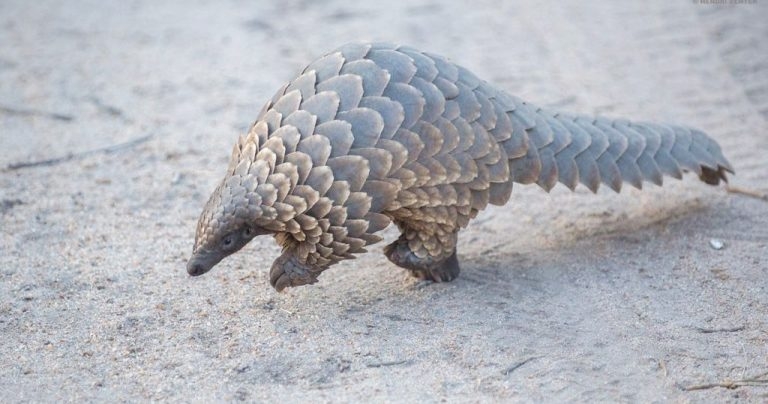18 May 2020
“Pangolins could be natural hosts of Betacoronaviruses with an unknown potential to infect humans. However, our study does not support that SARS-CoV-2 evolved directly from the pangolin-CoV” – study author Jinping Chen.

A new study has suggested that, although pangolins could be natural hosts of Betacoronaviruses with an unknown potential to infect humans, they are not responsible for the emergence of severe acute respiratory syndrome coronavirus 2 (SARS-CoV-2) – the virus that causes COVID-19.
The study, by Jinping Chen of the Guangdong Institute of Applied Biological Resources and colleagues in China, has been published in the open-access journal PLOS Pathogens.
Recent studies have shown SARS-CoV-2 could have originated in bats. But SARS-CoV-2 may have spilled over to humans from another intermediate host, and the source of this virus is still unknown.
To effectively control the disease and prevent new spillovers, it is critical to identify the animal origin of this newly emerging coronavirus. In the new study, Chen and colleagues examined whether pangolins could be an intermediate host for SARS-CoV-2.
The researchers assembled the whole genome of a coronavirus identified in two groups of sick Malayan pangolins.
Results suggested the pangolin coronavirus is genetically associated with SARS-CoV-2 and a group of bat coronaviruses. But further analysis suggested SARS-CoV-2 did not arise directly from the pangolin coronavirus.
Although the study does not support the idea that pangolins are an intermediate host directly responsible for the emergence of SARS-CoV-2, it is possible that other coronaviruses could be circulating in pangolins.
The authors stated: “Pangolins could be natural hosts of Betacoronaviruses with an unknown potential to infect humans. However, our study does not support that SARS-CoV-2 evolved directly from the pangolin-CoV.”